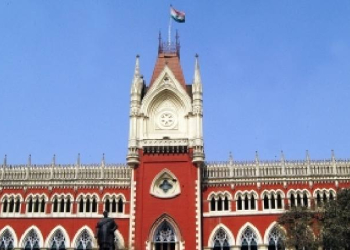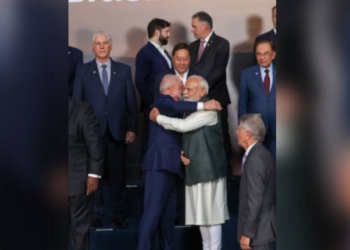New Delhi: The Supreme Court on Wednesday said it will not review its 2018 judgment on passive euthanasia and instead, it would modify the guidelines on “living will” to become more effective.
A five-judge bench, headed by Justice K.M. Joseph and comprising Justices Ajay Rastogi, Aniruddha Bose, Hrishikesh Roy and Justice C.T. Ravikumar, said: “We will simply make it a little bit more workable; we can’t be reviewing it… We cannot be reopening the whole thing.”
Senior advocate Arvind P. Datar, representing The Indian Society for Critical Care, submitted that he has submitted a chart elaborating the areas which are unworkable. Additional Solicitor General K.M. Nataraj, representing the Centre, that everything has already been laid down and there are some practical difficulties and that vacuum has to be filled.
The top court was considering a plea seeking modification of the guidelines for living will/advance medical directive issued by it in 2018. In 2018, a top court judgment had recognised that a person in a persistent vegetative state may execute an advance medical directive or a “living will” to refuse medical treatment.
The hearing in the matter will continue on Thursday.
On Tuesday, Nataraj submitted that few meetings were held with AIIMS representatives and other stakeholders and a chart of necessary safeguards has been prepared. Advocate Prashant Bhushan, representing NGO Common Cause, had submitted that everybody has an indefeasible right to refuse treatment.
Datar had argued that due to the involvement of multiple stakeholders, the procedure under the apex court guidelines has become unworkable.
The 2018 judgment came on a PIL filed by NGO Common Cause seeking recognition of the “living will” made by terminally-ill patients for passive euthanasia.
(IANS)













